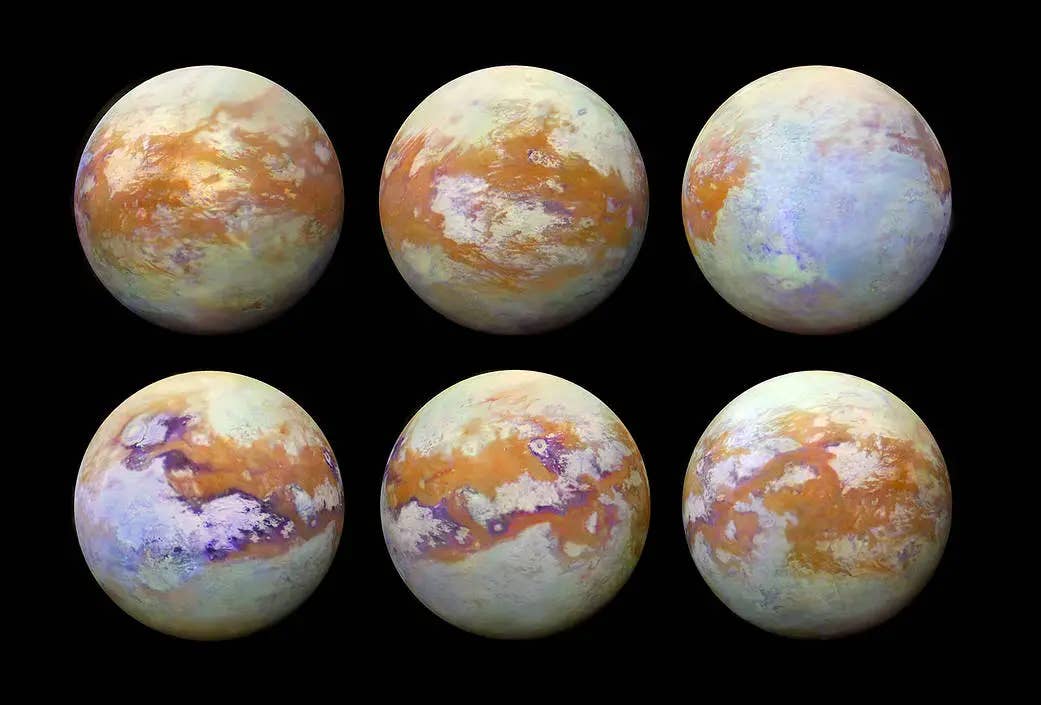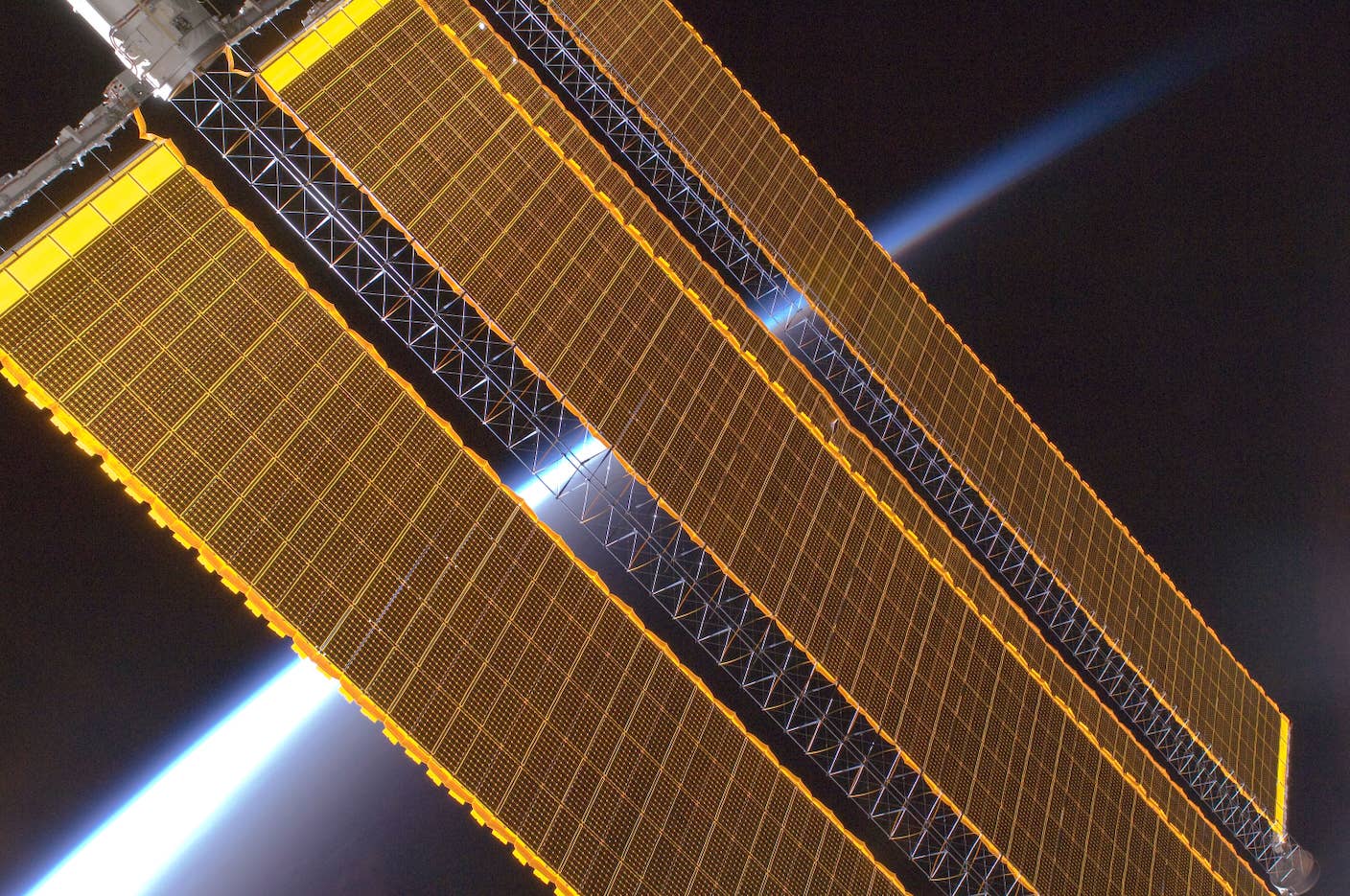Bill Clinton Discusses “Moonshots” with Peter Diamandis, Endorses Abundance

Share
“Why are you so optimistic about the future...don’t you read the papers?”
President Bill Clinton recently pitched this playful question to Peter Diamandis, Chairman and CEO of the X PRIZE Foundation, in an on-stage interview at the 2014 Clinton Global Initiative last week. A week earlier, the former U.S. president had appeared on CNN to recommend Abundance: The Future is Better than You Think, Diamandis' book which was co-written with Steven Kotler. Now the two had an opportunity to discuss technology and the world's problems face to face.
In response, he stated simply that he's optimistic because of the numbers.
According to Diamandis, the cost of food has dropped thirteen-fold in the last hundred years. The cost of energy is down twenty-fold, transportation a hundred-fold, and communications a thousand-fold.
Technology, he said, is the force that takes what used to be scarce and makes it abundant. It is "the great democratizer."
Check out the 15-minute interview for a closer look at the conversation:
In his introduction of Diamandis, Clinton summarized Abundance's main theme: "If we can unleash enough human power to match our technological capacity, the 21st century will be a time of more shared prosperity and more 'good news' than 'bad news' stories."
That's exactly what the X PRIZE aims to do with its own unique approach.
Diamandis explained that X PRIZE utilizes incentive competitions to increase the rate of technological innovations by balancing competition (between teams) and cooperation (within teams). Applied to “moonshot” challenges, X PRIZE competitions invite teams from all over the world to compete for multimillion dollar prizes in exchange for solving some of the world’s toughest challenges.
Be Part of the Future
Sign up to receive top stories about groundbreaking technologies and visionary thinkers from SingularityHub.


The next intractable problem X PRIZE is tackling? Education.
Last week, the Foundation announced a $15 million Global Learning X PRIZE, which challenges teams from around the world to develop an open source software that will enable children to teach themselves basic reading, writing and arithmetic. The top five entries into the competition will be tested, and the winning software will be released on Android devices.
While Clinton acknowledged this bold venture into social policy, he expressed his concern with a larger issue: the huge number of children throughout the world struggling to have "recommended medicines adhere to their bodies because of nutritional stunting."
He asked, "How are we going to feed all these people without making climate change much worse than it already is?"
Fortunately, Diamandis' optimism seems to inspire the former President, arguing that we already have the intelligence and the tools to solve these problems as many of these answers are in the pipeline.
So if you're weary of hearing about all the bad things happening in the world today, it's comforting that former presidents are tired of it too. Yet knowing that real technological solutions to tackle the world's challenges are being actively developed is encouraging.
Hopefully, the efforts toward "moonshots" in health and education are just on the horizon.
Sveta writes about the intersection of biology and technology (and occasionally other things). She also enjoys long walks on the beach, being underwater and climbing rocks. You can follow her @svm118.
Related Articles

This Light-Powered AI Chip Is 100x Faster Than a Top Nvidia GPU

This Week’s Awesome Tech Stories From Around the Web (Through December 20)

Data Centers in Space: Will 2027 Really Be the Year AI Goes to Orbit?
What we’re reading